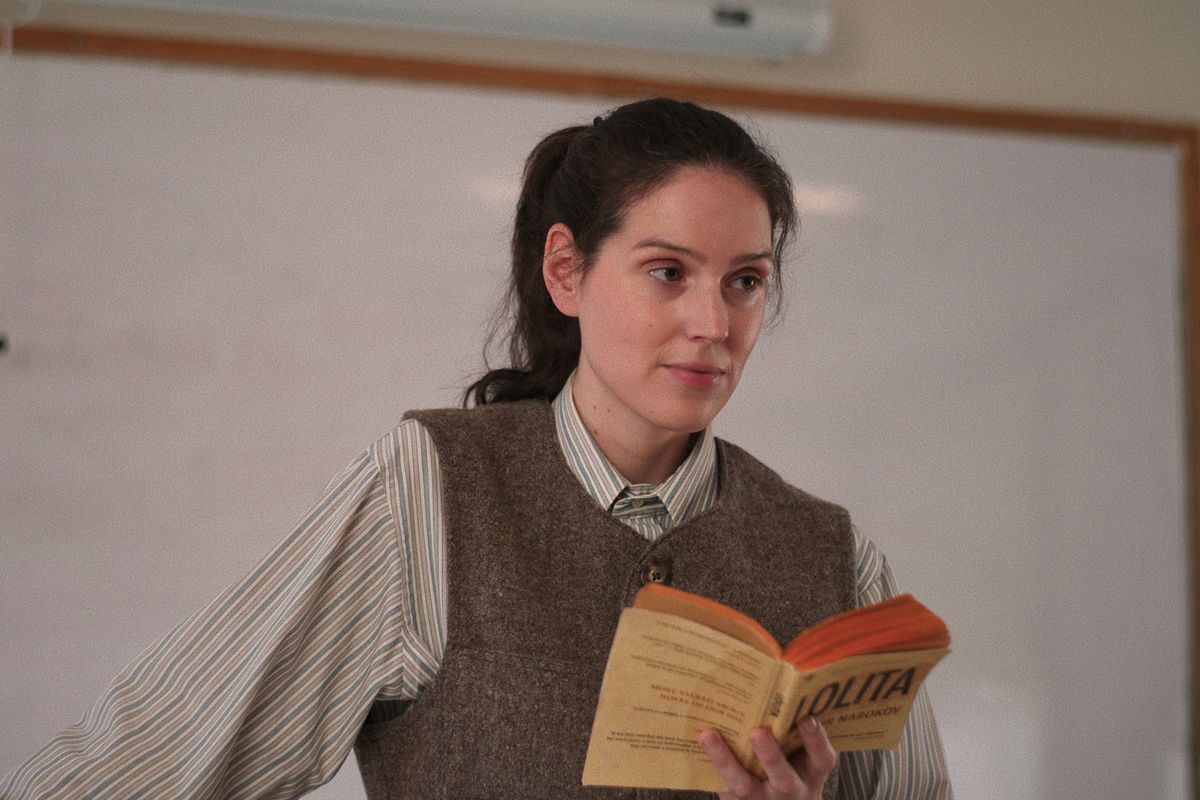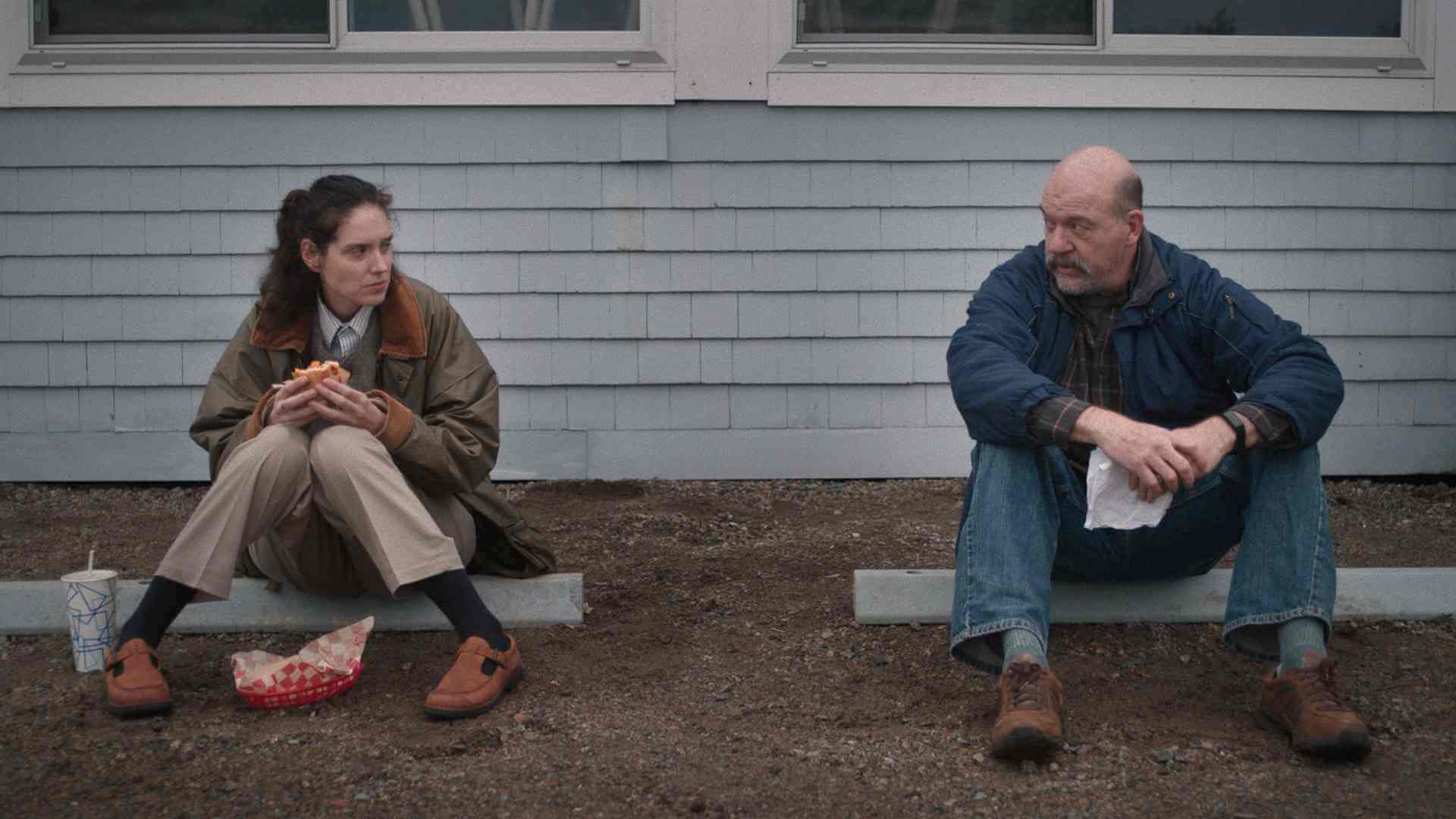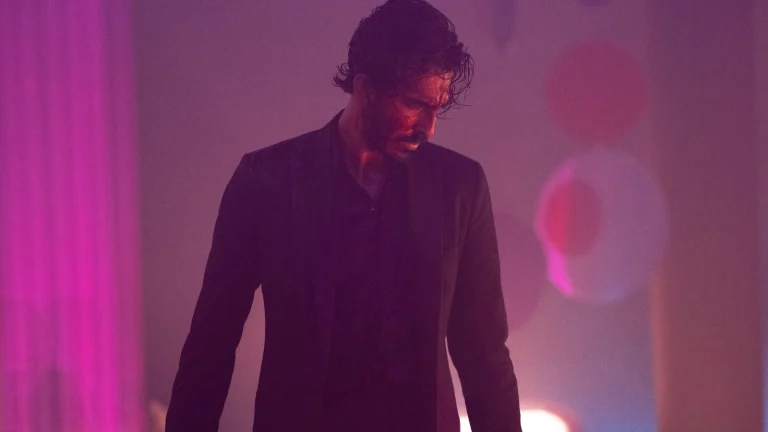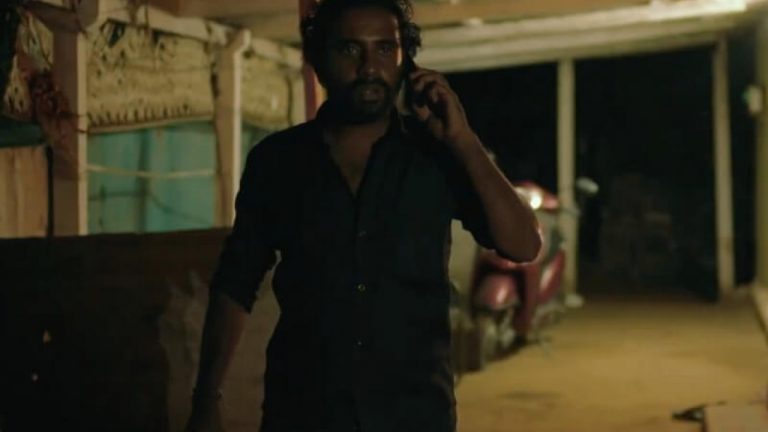It takes a tremendous amount of courage to be the singular voice behind a debut feature, as it’s often the only opportunity for young artists to convey their artistic perspective to an industry of skeptics. This bravery is even more impressive in the case of “Sorry, Baby” (2025), as Eva Victor writes, directs, and stars in this remarkably intimate study of a young woman’s experience with assault.
“Sorry, Baby” feels like the work of a playwright, as its minimalistic locations and extended dialogue scenes reflect the type of creativity used by those with relatively few resources. It also tackles tremendously upsetting material, which required Victor to both contend with difficult conversations and open herself up to criticism based on the way she depicts trauma.
Victor stars in the role of Agnes, an aspiring professor of literature who reconnects with her best friend, Lydie (Naomi Ackie), who is expecting a child with her partner. Although Agnes has begun teaching classics at the university she graduated from, she is reeling from being sexually assaulted by her professor, Decker (Louis Cancelmi). Given that Decker left the university and is no longer an official employee, Agnes is not given the opportunity to deal with him through the school’s policies. Although she is urged to go to the police, Agnes is determined to move on with her life, which may include a romance with her unusual neighbor, Gavin (Lucas Hedges).
Victor’s style of writing is quite direct, as she lingers in given moments beyond their natural breaks, allowing the viewer to experience the same tension and awkwardness that Lydie does. Although the film does not shy away from its disturbing material, Victor is quite tasteful in what she chooses to depict, as implication is often a powerful tool that signifies trust for the audience.
There’s a remarkable sense of stillness that comes from the static nature of the camerawork, as recurring visuals are artfully used to note the passage of time. Although the notion of using title cards to note different acts (each of which is given a somewhat quirky title) can be a cliche within independent filmmaking, it works for “Sorry, Baby” because it’s the simplest means of noting how events are tangentially related to one another.

To describe “Sorry, Baby” as a “dark comedy” would be misleading, as there is nothing situational about the film that is intentionally humorous. Rather, any comedic elements come from the way in which Agnes views the world, as her swift, observational style of making broad proclamations is vastly divergent from the shallow conversationalism inherent to her generation.
Agnes believes in honesty to a fault, which also means that she’s unwilling to give herself the opportunity to put her faith in unquenchable aspirations. Many of her remarks are blisteringly uncomfortable to witness, but it’s important to show Agnes’ recovery process. Agnes’ way of using humor to express herself is her method of coping, and it doesn’t matter how others perceive it. This may be a difficult pill for some viewers to swallow, but “Sorry, Baby” isn’t interested in giving simple solutions to complex issues.
The poetry in “Sorry, Baby” comes from the straightforward notion of life moving on, even if one moment of trauma can feel defining. The film builds just enough tension before the assault occurs to create dread on Agnes’ behalf, but it also shows restraint in which aspects of her experience are depicted. “Sorry, Baby” is mostly composed of instances in which Agnes is forced to discuss her experience, each of which requires her to take a different approach.
It’s an interesting way of interrogating the culture around assault, as there should not be any pressure on Agnes to “soften the blow” when talking to others. At the same time, Agnes recognizes that not everyone she engages with is capable of giving her the support and insight she needs, creating an agonizing process in which she must choose her battles.
Victor’s performance is as confident as her direction, as she makes the intelligent choice to make Agnes a very stoic, eloquent character prior to her assault. While the process of self-interrogation, guilt, and anguish does result in her being more stringent in her interactions, it would also be unfair to say that her personality became more idiosyncratic as a direct result.
Nonetheless, Agnes has a remarkably open heart that is steadily revealed throughout the film, making it more painful to see how difficult her adjustment process is. Although the film shows the subtle ways that the most normal of experiences can trigger unwanted memories, many of the extended interactions between Agnes and Lyide are purely cathartic in their depiction of female friendship, harkening back to early 21st century indie classics like “Ghost World” or “Frances Ha.”

If there’s a fault to be found in “Sorry, Baby,” it’s that many of the supporting characters feel inserted to make a larger point, and do not have the interiority needed to imply they exist beyond the confines of the story at hand. It’s not necessarily the job of the filmmaker to ensure that every speaking role comes with an expansive backstory, but in a film that is as committed to “slice of life” storytelling, “Sorry, Baby” misses the mark with some of its more obvious setup. A classroom scene that involves a debate about “Lolita,” a terse discussion with a medical professional, and an extended moment of court feel oddly manufactured in a way that is inconsistent with the rest of the film.
Nonetheless, Victor does a great job in turning the character of Natasha (Kelly McCormack), who initially appears to be an unfortunate cliche, into someone of surprising depth that actually challenges Agnes’ beliefs. Another remarkable scene includes the great character actor John Caroll Lynch, and conveys the surprising profundity that can come from a conversation with strangers. Its perhaps the best performance Lynch has given since his awards-worthy role in “Private Life.” Cancelmi, who is arguably given the most difficult role in the film, is able to give a relatively opaque, deceptive performance that allows the viewer to experience the same confusion and trepidation that Agnes does.
“Sorry, Baby” is the type of film that serves as an announcement of a major filmmaker, as it’s crafted with the personality and specificity of an artist who is interested in filtering herself to be more appealing. Whether Victor is able to get over the “sophomore slump” that has affected other indie filmmakers remains to be seen, as it’s hard to imagine another film being as profoundly affecting as “Sorry, Baby.” Nonetheless, “Sorry, Baby” is moving, insightful, and strangely life-affirming, and proves Victor worthy of captivating an engaged audience.


![Crip Camp [2020] Netflix Review – An Uplifting Documentary on Disability Rights Movement](https://79468c92.delivery.rocketcdn.me/wp-content/uploads/2020/04/Crip-Camp-2020-768x512.jpg)


![Land of Gold [2022] ‘Tribeca’ Review: A Brilliant, Bittersweet Addition To The Surrogate Parent-Child Road Trip Genre](https://79468c92.delivery.rocketcdn.me/wp-content/uploads/2022/06/Land-of-Gold-2022-Tribeca-768x433.png)

![Cold War [2018]: ‘MAMI’ Review – An ode to restless love](https://79468c92.delivery.rocketcdn.me/wp-content/uploads/2018/10/NYFF_MainSlate_ColdWar_02-1600x900-c-default-768x432.jpg)